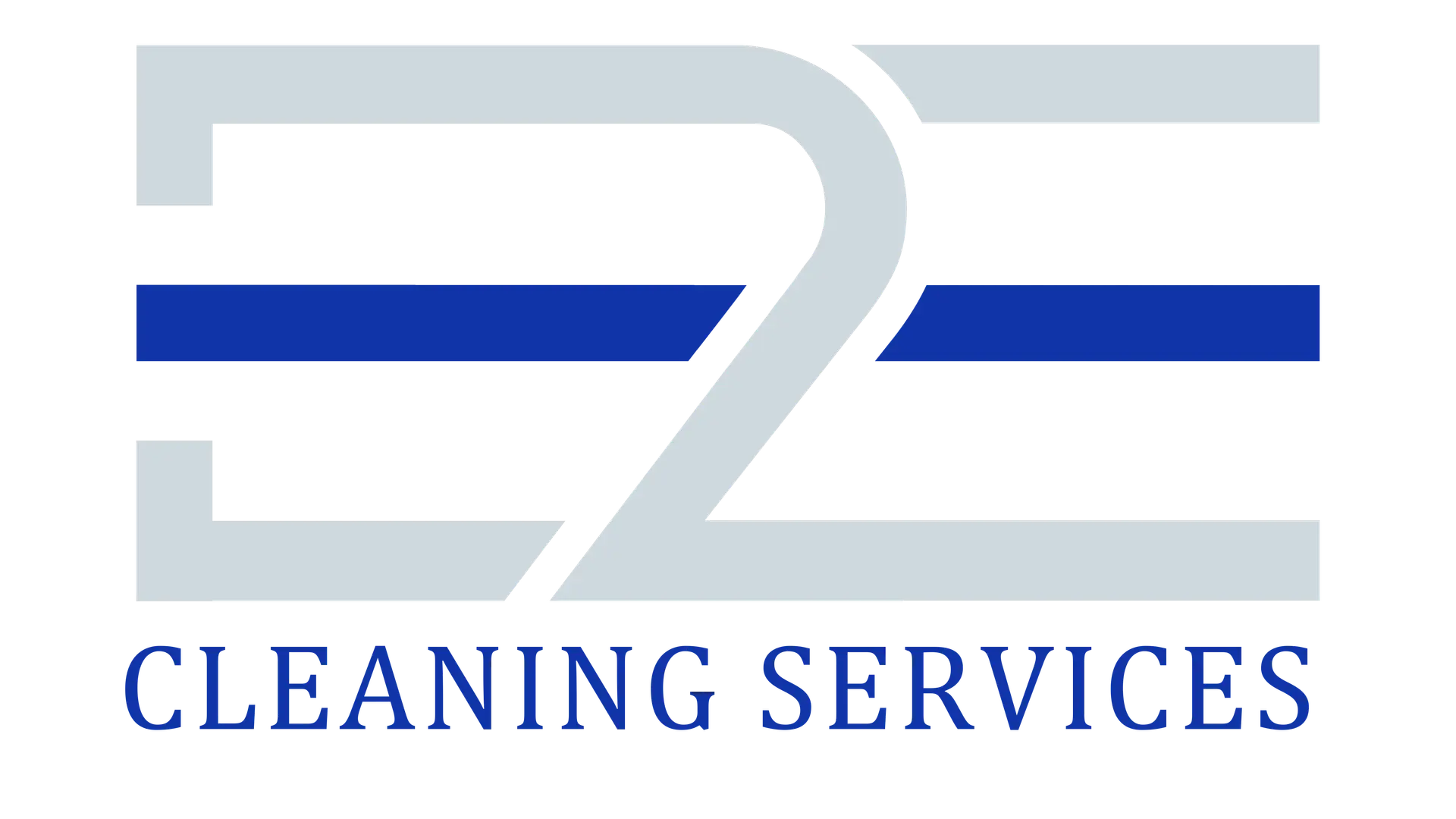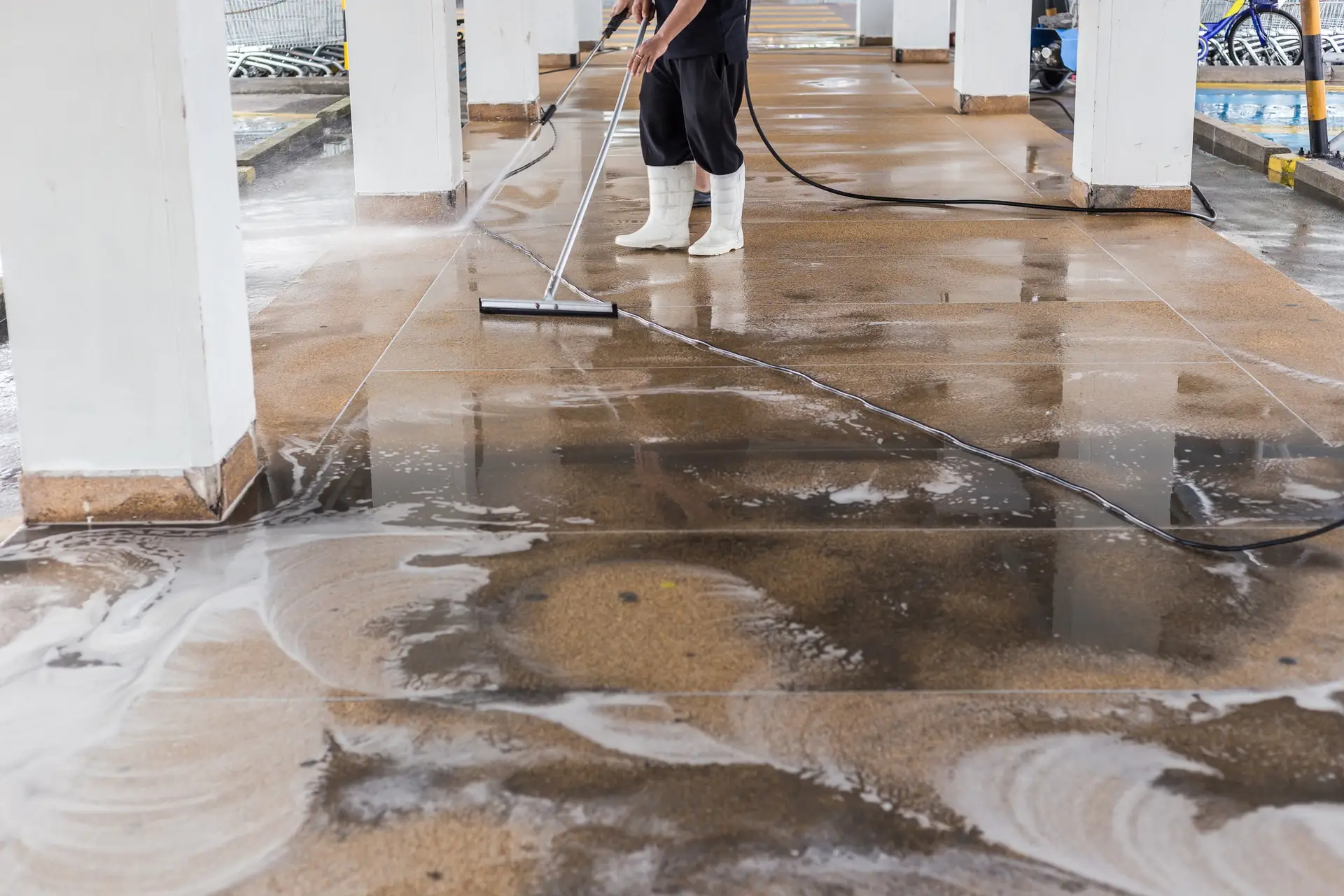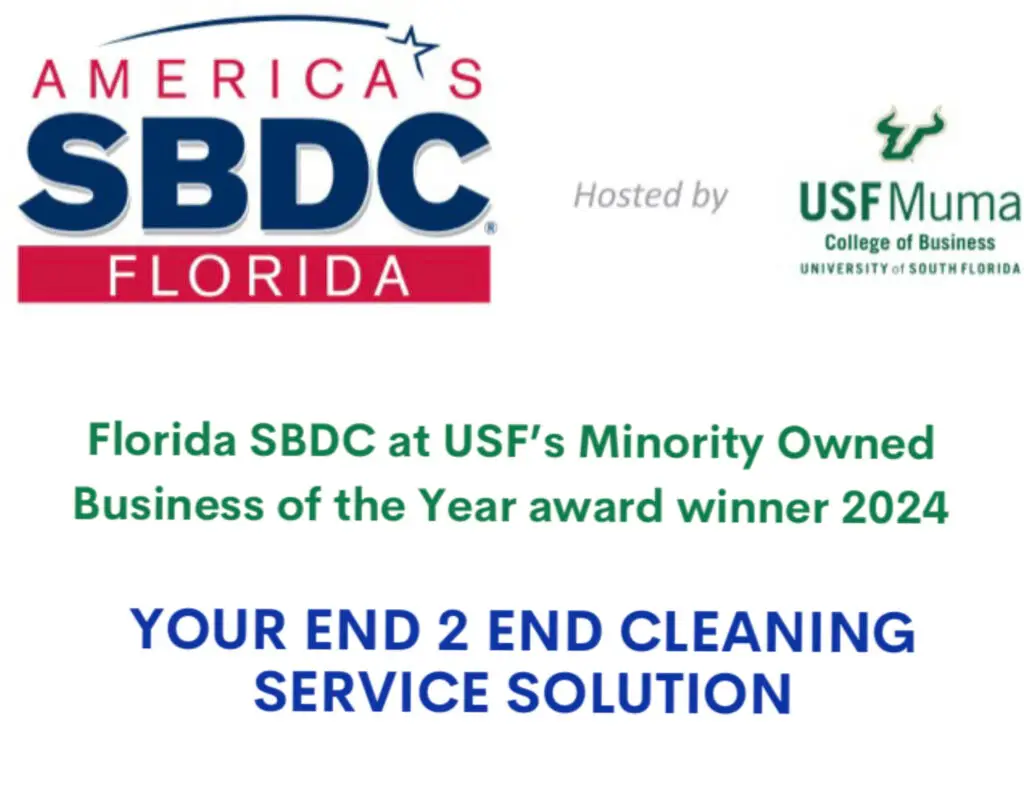Managing commercial property in Florida’s unique climate can be a tough job. High humidity, frequent storms, and salt laden air can wreak havoc on the appearance and integrity of buildings, parking areas and outdoor spaces.
Pressure cleaning is a critical part of keeping property value up, curb appeal high, and tenants happy. In this comprehensive guide, we explore the world of pressure cleaning equipment, from the most important components to budgeting, safety, and maintenance, to help property managers in the Florida area make the right decision.
Pressure Cleaning Equipment Basics
There are many different forms of pressure cleaning equipment, each one designed to do a specific job and meet different cleaning needs. It is important to understand different types of pressure washers and different essential components involved in pressure washers before you can select the right equipment and get the maximum efficiency.
Let us do the dirty job. Click Here
Types of Pressure Washers
Electric Pressure Washers Commercial Grade
Small, less intensive cleaning tasks are well suited for commercial grade electric pressure washers. These units are less noisy and are more environmentally friendly than their gas powered counterparts. They lack the power and water flow rates required for heavy duty cleaning applications.
Smaller commercial spaces like storefronts or outdoor patios are a good, cost effective choice for electric pressure washers.
Pressure Washers powered by Industrial Gas
Heavy duty cleaning requires industrial gas powered pressure washers. Consequently, these units have higher pounds per square inch (PSI) and gallons per minute (GPM) ratings, thereby a perfect fit for the removal of ingrained grime, graffiti and other troublesome cleaning tasks.
Electric pressure washers are quieter and more eco-friendly than gas powered, but are less versatile.
Hot Water Pressure Washers
One of the most effective ways to remove grease, oil and grime from different surfaces is with a hot water pressure washer. High pressure water and high temperatures together make these units indispensable for industries like restaurants, automotive repair shops and manufacturing facilities.
Hot water pressure washers use more energy and need a bit more maintenance, but they up the efficiency of your cleaning and cut down on the need for harsh chemical cleaners.
The Essential Components and Features
Beyond the type of pressure washer, it’s crucial to understand the essential components and features that impact cleaning performance and efficiency:
- PSI and GPM ratings: PSI is the measurement for the pressure of the water stream and GPM is the measurement for the water flow rate. Lower PSI is better for removing lightly soiled soil, leaving a better appearance; however, lower GPM is less efficient for cleaning the larger surface areas of a vehicle.
- Nozzle types: Different types of nozzles come with pressure washers for different tasks. Wide jet tips are designed for large area cleaning, while narrow jet tips are great for removing hard to remove stains and grime from small places.
- Hose specifications: A pressure washer hose can make or break its efficiency for cleaning due to its durability and length. For commercial use the recommendation is heavy duty hoses with reinforced layer that can cope with high pressures and abrasion.
- Additional attachments: Valuable surface cleaners, lances, and extension wands are very efficient cleaning enhancers that make cleaning more easy to reach and cleaning surface more deeply.
Pressure Cleaning Equipment Budgeting
Like any other purchase of equipment for cleaning, pressure cleaning equipment investment necessitates consideration of the upfront costs, the long term money saved, and the potential ROI. Florida property managers should conduct a thorough analysis to determine what is the most cost effective solution for their particular needs.
Investment vs. ROI Analysis
Initial Equipment Costs
The cost of pressure cleaning equipment can vary greatly by type and quality of the machine. Commercial grade electric models are less expensive than industrial grade gas powered units with higher PSI and GPM ratings. While the up front cost of investing in better quality equipment initially may seem higher, there are long term benefits to do with the performance, life span and maintenance costs.
Long-term Savings
The regular pressure cleaning can help prevent costly repairs and extend the life of different property surfaces, like concrete, brick and stucco. Pressure cleaning can remove built up grime, algae and other contaminants from surfaces, saving you costly replacements and restorations.
Maintenance Costs
Although routine maintenance is necessary to keep pressure cleaning equipment running longer and as best as possible, the costs associated with these maintenance and repairs should be considered when budgeting for owning buying pressure cleaning equipment.
Filter replacements, hose inspections, pump servicing – these can be a part of regular maintenance that will save you from a more expensive equipment breakdown and help prolong the equipment’s lifespan.
Coverage Requirements
OSHA Compliance Guidelines
Pressure cleaning equipment use has been regulated and guidelines set by the Occupational Safety and Health Administration (OSHA). Property managers need to keep up with these guidelines and put in place the needed safety practices.
Emergency Response Procedures
Rigorous safety protocols exist that sometimes fail. To prepare for the possible incidence of occurrence of equipment malfunctions, chemical spills and other unexpected injury as listed above, property managers should develop and never fail to implement emergency response procedures that are all encompassing.
Proper communication channels and specific response teams, can minimize the negative influence of such events and give proper direction and protection.
Meeting Tenant Expectations
Property managers in the competitive commercial real estate market must meet and exceed tenant expectations. Not only will proper application of professional pressure cleaning practices increase the appearance of the property, it may also increase tenant satisfaction and retention.
Professional Results
Standards for Commercial Property Cleaning
Pressure cleaning operations should be conducted in accordance with industry recognized standards for cleanliness and safety by property managers. These standards help provide consistent and high quality results, which inflates tenant’s confidence, and which also reflects professionalism.
Before and After Documentation
Evidence of the effectiveness of a pressure cleaning process can sometimes be provided by documenting surface condition before and after pressure cleaning. In addition to being a record of the work took place, this documentation overtime shows tenant accountability and transparency.
Communication Protocols with Tenants
Throughout the pressure cleaning process it is important to communicate with tenants effectively. Property managers will work with them to set clear protocol notifying tenants of an upcoming cleaning schedule, regarding potential disruptions and what precautions might be necessary, if any, or restrictions to access.
Scheduling and Minimal Disruption Strategies
To minimize tenant daily operations disruptions, pressure cleaning operations can be scheduled during off peak hours, or weekends. And alternative ways to mitigate the effect on tenant programs can include sectional cleaning or phased approaches.
Common Problem Areas
There are certain areas of commercial properties that tend to get dirtier, dirtier and more contaminated with grime. By regularly pressure cleaning these problem areas, the property can be greatly improved in appearance and safety.
Building Exterior and Facades
Buildings’ facades, walls and entrances are constantly exposed to the environment and are constantly affected by wind, rain and pollution. However, regular pressure cleaning can prevent the buildup of grime, algae and other contaminants on these surfaces, and will keep them looking good and structurally sound.
Parking Lots and Sidewalks
Dirt, oil stains, and other unsightly marks will accumulate easily in these areas—parking lots and sidewalks are high traffic areas. Pressure cleaning these areas not only makes them look better, but also makes them safer by removing slip hazards.
Common Areas and Entrances
High-visibility zones such as common areas and entrances are explored, which cement impressions tenants and visitors will carry with them. If you keep these areas clean by pressure cleaning regularly, your environment can stay professional and welcoming.
Feedback from Dumpster Areas and Loading Docks
Dumpster areas and loading docks are often overlooked, but can be very dirty, filled with debris and contain potential health hazards. These areas will also benefit from pressure cleaning, which will clean and prevent the spread of these contaminants to other parts of the property.
Maintenance and Longevity
A systemized maintenance practice is essential for property managers looking to maximize the life and the performance of a pressure cleaning equipment. Taking care of regular upkeep and timely troubleshooting can save you huge repairs and keep the processes of cleaning going smooth.
Conclusion
Commercial properties in Florida’s unique climate require effective pressure cleaning. In this article, property managers will understand types of pressure washers, essential components, ways to budget for this service, safety protocols, and cleaning strategies to make sure the job gets done professionally, up to the expectations of the tenants and protecting the investment.
To achieve a total pressure cleaning program doing planning carefully, allocation for resources and conforming to industry best practices is essential. While it’s an expensive investment up front, the long term benefits—increased property value, happier tenants, and cost savings with preventative maintenance – make the investment worthwhile.
Contact Us
As Cleaning providers in the Florida area, we at E2E Cleaning Services, know the special problems that property managers face. Our experts are always willing to help provide you with solutions and comprehensive support for any pressure cleaning needs you have.
Please contact us today to schedule a free consultation, request an equipment demonstration, or have one of our professionals review your current maintenance plan.
We can work together to make sure your properties are noticed, retain their value and offer a safe and welcoming environment for your tenants.









